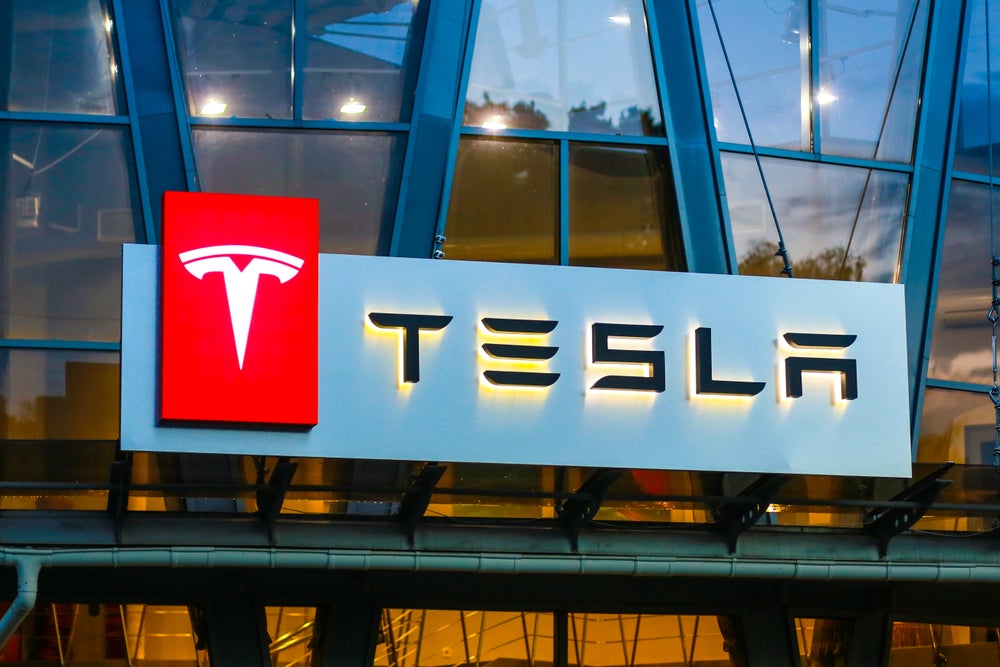
With the strain placed on the economy by the pandemic and ongoing supply chain issues, as well as the looming prospect of the energy transition, fleet financing is a sector that needs to adapt swiftly. Chris Farnell talks to Tom Brewer of Volkswagen Financial Services.
As the pandemic has stretched into a second year, we have seen ongoing business disruption caused by shortages across the supply chain. This has made for a challenging commercial environment in the fleet management sector. Like the vast majority of motor vehicle markets, the supply of new fleet vehicles is reliant on semiconductor chips for in-vehicle technology and assistance systems. Car and van manufacturers have been hit hard, and many have been forced to cut production – leading to longer waits for delivery.
“Demand is strong, but the sector has had to create flexible finance solutions and manage expectations so that fleet managers are fully informed of the ongoing situation and can adjust accordingly,” explains Tom Brewer, Fleet Sales Director at Volkswagen Financial Services. “As a result, many fleet drivers have been keeping hold of vehicles beyond expected handover dates with adjustments made to fleet financing arrangements. Others are making use of rental options to support their operational needs whilst waiting on new vehicles to become available.”
As well as the macro-scale challenges the sector has been facing over the last couple of years, there is also the looming issue of energy transition to negotiate. The move to electric vehicles has continued to gather pace, as fleet drivers more readily recognise the personal tax (Benefit in Kind), and long-term sustainability benefits that EVs and hybrids deliver. This in turn has led to rising demand for ultra-low-emission vehicles (ULEV’s). The demand for greener vehicles, combined with supply chain issues, means that ordering new vehicles well in advance of contract renewal has become commonplace.
“As demand for ultra-low-emission vehicles rises and with the 2030 ban on new diesel and petrol cars now in sight, typically just two to three renewal cycles away, it is clear that drivers and fleet decision-makers are pivoting away from the internal combustion engine (ICE),” Brewer tells us. “In turn, this is impacting decisions on fleet financing and vehicle choice at an unprecedented pace.”
These rising concerns are also coming into conflict with concerns about the lack of adequate public charging infrastructure, creating tension between the goal of achieving sustainability and the practical operations of day-to-day business mobility.
How well do you really know your competitors?
Access the most comprehensive Company Profiles on the market, powered by GlobalData. Save hours of research. Gain competitive edge.

Thank you!
Your download email will arrive shortly
Not ready to buy yet? Download a free sample
We are confident about the unique quality of our Company Profiles. However, we want you to make the most beneficial decision for your business, so we offer a free sample that you can download by submitting the below form
By GlobalData“For essential use drivers with higher mileage, this is in many cases still affecting current vehicle preferences,” Brewer says.
Rising to the challenge
Vehicle manufacturers are working hard to respond to these challenges, expanding the choice of affordable EV models and further improving the electric driving range of ULEV’s. There are also innovative new solutions being brought to the finance market, including support for investments such as home charge points and charge and fuel card or app solutions for public charging.
Fleet management and finance providers are also working alongside clients in other ways to ensure adequate forward planning and practical short-term support to deal with new vehicle supply chain issues that are expected to continue into at least the middle of 2022.
“Early intervention can help manage expectations,” Brewer points out. “Fleet managers can also instigate additional practical policy steps such as adding new manufacturers to the choice list and financing workplace-based EV charging point installations to anticipate increased demand from employees.”
Meanwhile, the government continues to offer plug-in vehicle grants, as well as additional grants to help fund the cost of charging points both at work and at home, including the Electric Vehicle Homecharge Scheme and the Workplace Charging Scheme.
Tomorrow's market
The UK Government has committed to ending the sale of conventional petrol and diesel-powered cars by 2030, and under current proposals, hybrids will be phased out by 2035, leaving only zero-emission battery-electric and hydrogen-powered new cars on sale in the UK. It will be a challenge, but for fleet management and finance providers there are also opportunities to be found in this changing market.
“For fleet management and finance providers the opportunity lies in supporting customers with a new breadth of service provision and suite of product solutions,” Brewer says. “Forward-thinking providers are integrating solutions up and down the supply chain; clean energy provision, charging infrastructure, vehicle supply, new mobility sharing platforms, salary sacrifice car schemes, battery recycling systems and a host of driver support applications.”
The provision of solutions is accelerating, with sustainable solutions such as battery-electric and plug-in hybrid vehicles on the rise, acting as the primary driver for changing fleet demands.
“Vehicle manufacturers will phase out old technology and with Euro 7 standards coming prior to a full phase-out of the internal combustion engine, it will be fascinating to see how motor manufacturers transition their model ranges and innovate around software,” Brewer says.
(Euro 7 emissions standard are expected to be brought in from 2025 and is considered to be the last of this type of legislation surrounding vehicle emissions prior to all cars becoming zero-emission enabled.)
The other environmental changes we can expect to see are in the tax and legislative environment, where can expect major and inevitable change as the market and product offerings adjust to the new normal. Government policy as it exists is built around traditional fuels and long-held travel practices that will not survive the combined influences of the post-Covid world, supply chain challenges and the energy transition. A new regulatory environment needs to come into place. The fleet management and finance companies that thrive will be the ones that best adapt to that environment.
“Pay per use models or road charging is a distinct possibility and the role of public transport, and shared services are expected to grow in importance,” Brewer says. “As well as continuing to support fleet managers with a range of added-value services that remove non-core business tasks, fleet financing can respond with product innovation, impartial advice and flexibility.”
How will rising energy costs impact EV drivers?







